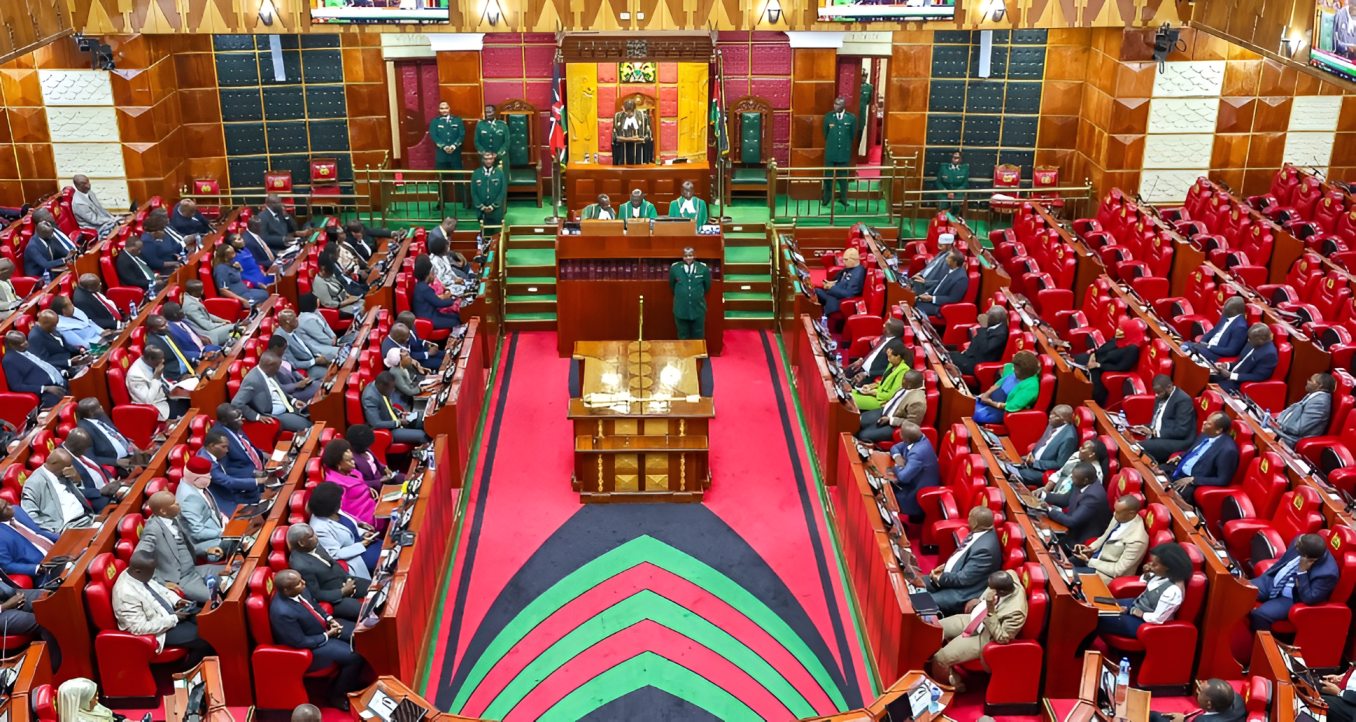Explainer: 2025 push to Constitutionally anchor NG-CDF and Senate funds

Kenyans have now the chance to weigh in on whether these three funds should be enshrined in the Constitution or remain under ordinary legislation.
A fresh attempt to anchor key parliamentary funds in the Constitution is now underway, triggering legal and political debate across the country.
The Constitution of Kenya (Amendment) Bill, 2025 proposes to entrench the National Government Constituencies Development Fund (NG-CDF), the Senate Oversight Fund, and the National Government Affirmative Action Fund (NGAAF) in the supreme law.
If passed, the Bill would give the funds constitutional protection, making them harder to abolish or challenge in court.
Public hearings on the proposed changes started on Monday, May 5, and will run until May 7 in all 290 constituencies and the 47 counties.
The Bill, dated February 25, 2025, is sponsored by MPs Otiende Amollo and Samuel Chepkonga.
It proposes the insertion of three new Articles 204A, 204B, and 204C into the Constitution to create a legal basis for the NG-CDF, the Senate Oversight Fund, and NGAAF.
Clause 1 of Article 204A provides for the establishment of the National Government Constituencies Fund.
Clause 2 states that the fund is intended "to facilitate the delivery of national government functions in each constituency."
Clause 3 specifies that money for the fund shall be drawn from the national government’s share of revenue.
"All monies allocated to the National Government Constituencies Fund shall be considered as funds allocated to constituencies to be administered in accordance with the provisions of an Act of Parliament," reads Clause 4.
Parliament will be empowered to pass legislation to operationalise the provision under Clause 5.
The Bill also seeks to create Article 204B to establish the Senate Oversight Fund. Its stated purpose is "to ensure that the Senate is adequately resourced and empowered to perform its oversight functions."
It will be funded through the national share of revenue and administered through an Act of Parliament.
Article 204C introduces the National Government Affirmative Action Fund, which is described in Clause 2 as a fund "to enhance the measures of the national government on affirmative action."
Like the other funds, it will draw from the national share of revenue and be guided by enabling legislation.
Despite the push to entrench these funds, the Supreme Court has previously warned that such moves could undermine the Constitution.
In the Institute of Social Accountability & Another v National Assembly & 5 Others, the court held that "the Constitution did not grant the National Assembly the power to implement projects as a service delivery unit at the county level."
The judges argued that Members of the National Assembly were primarily tasked with representation, legislation, and oversight, not delivering projects.
"Throughout the Constitution, the idea of a constituency, whenever it is used, is linked to being an electoral unit for political representation," the ruling stated.
"This leads to an ineluctable conclusion that the role that a constituency as an electoral unit discharges is a legislative role as opposed to a service delivery role."
The court also flagged the risk of MPs having dual roles, both allocating funds and overseeing how those funds are used.
"This requirement undermines accountability, integrity, and separation of powers," the court stated.
The ruling further emphasized the need to uphold public finance principles as laid out in Article 201 of the Constitution.
"Article 201 envisages that the two levels of government will manage fiscal resources prudently [and] implement projects aimed at delivering public goods and service in a cost-effective manner," the court said.
The judgment warned that current practices risk duplication and waste of public resources.
Kenyans have now the chance to weigh in on whether these three funds should be enshrined in the Constitution or remain under ordinary legislation.
The results of the hearings will determine whether the Bill proceeds to the next legislative stage.
